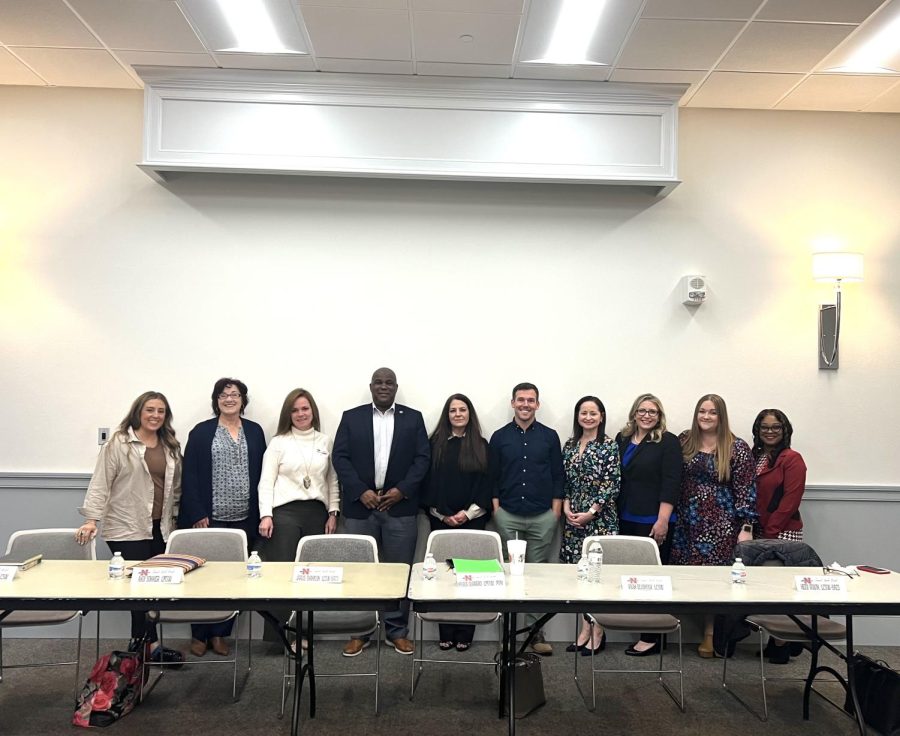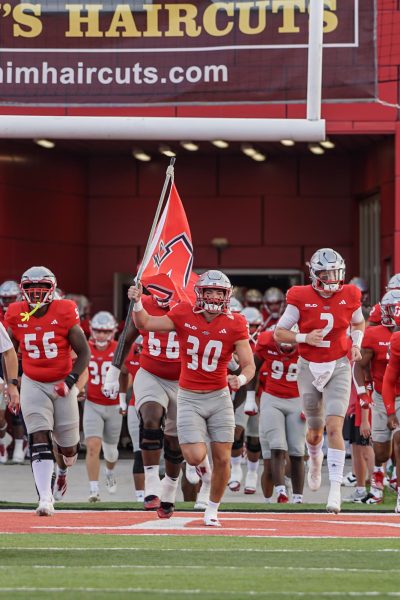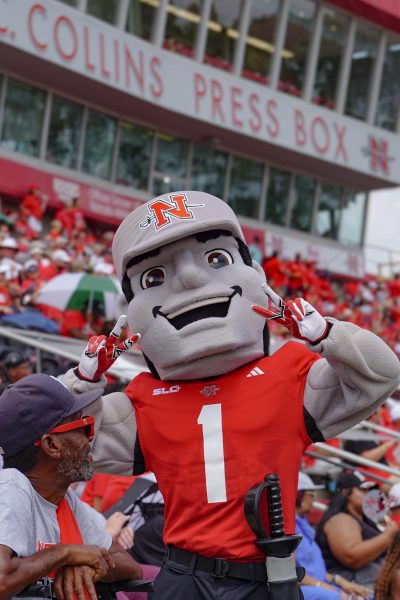Nicholls Sociology Department Hosts Panel to Discuss Social Work Field
Photo by: Kristen Callais
Nicholls State University’s sociology department hosted a social work panel on March 21 and 22 for Social Work Month in the Bollinger Suites from 10:30a.m. to 12:30p.m. The panel featured social workers from around the region to discuss the field of social work. Panelists include:
March 21:
- Mandy Broussard, LCSW
- Andi Sonnier, LMSW
- Ryan Ellender, LCSW
- Heidi Irwin, LCSW-BACS
- Kayla Guerrero, LMSW, MPH
- Jarvis Shanklin, LCSW-BACS
March 22:
- Casey Guidry, LCSW
- Kim Thompson, LCSW-BACS
- Jessica Domangue, LCSW-BACS
- Brittany Guidry, LCSW
- Kim Adams, LCSW
- Irriel Nunnery, MSW Student
The panel was moderated by Nicholls sociology instructor Rebecca Picou. They discussed topics such as current trends in the social work field and what they believe there is the biggest need for.
Most of the panelists agreed that they are seeing a trend of increased anxiety and social struggles among Generation Z. Especially since the pandemic, it is vital for someone to be available to help those still recovering from the medical and financial stress of it, according to the social workers. Ryan Ellender said, “People who want to help in any sort of way are needed.”
They also acknowledged the limited resources available to young people and those in low-income communities struggling with mental health and/or substance abuse. Jarvis Shanklin and Heidi Irwin talked about the importance of social workers in school and legal systems and the need for more people to be involved and take mental health seriously.
Andi Sonnier, Nicholls’ Student Affairs Case Manager, mentioned the free counseling and resources students can have access to through the Nicholls State University Counseling Center. She also talked about the Colonel Care Team, a group of professionals from all over campus who get together and plan on how to best guide students who need help.
The panelists also discussed what it takes to be a social worker in various settings from juvenile justice to psychotherapy to public health. Shanklin said, “When you experience trauma for a long time, it physically changes your brain. We work on trying to reprogram irrational thought processes.”
They all agreed that what makes social work feel worth the effort is the diverse experience each and every social worker can have. “You can do so many things. It’s a marketable degree,” Mandy Broussard said.
Social work includes advocacy. Each panelist told their stories of a time they had to advocate for better living conditions for their clients, for translators to break language barriers and more. Ellender said, “Sometimes you make a lot of enemies of the people making money off the backs of the less fortunate, but it makes you really passionate about it. It’s worth it.”
Irwin said, “It’s very important because that individual might not have that voice, so it’s our responsibility.”
The social work panel provided a place for the discussion of social work as a job and the need for it in this region. A sociology degree program is available for Nicholls students to pursue as well as a concentration in social work.
According to Ellender, “You get to see change take place. It’s so rewarding to get to be a part of that.”

My name is Evan Elizabeth Cressoine. I’m a junior here at Nicholls, from Houma, studying creative writing. Above all, I am a storyteller. I’ve been...







